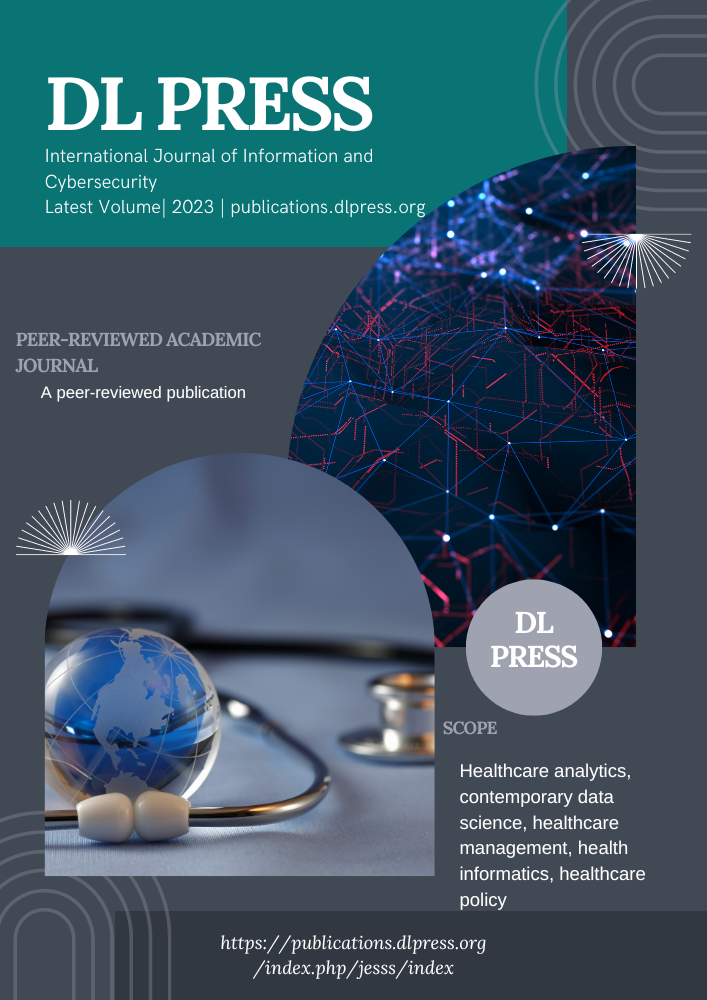Machine Learning and Predictive Analytics: Advancing Disease Prevention in Healthcare
Main Article Content
Abstract
This research study explores the impact of machine learning and predictive analytics on disease prevention in healthcare. By analyzing vast amounts of patient data, these technologies have demonstrated their potential to transform disease identification, diagnosis, and treatment, leading to more effective preventive measures. The findings of this study highlight several key areas where machine learning and predictive analytics are making a significant impact.Early detection and diagnosis benefit from machine learning algorithms' ability to identify subtle patterns in medical records, lab results, genetic information, and imaging data. These algorithms assist in the early detection and diagnosis of conditions such as cancer, cardiovascular diseases, diabetes, and neurodegenerative disorders.Predictive analytics plays a crucial role in risk assessment by evaluating an individual's risk of developing certain diseases based on factors like genetics, lifestyle choices, and medical history. Machine learning models generate personalized risk scores and facilitate targeted preventive interventions, allowing healthcare providers to focus on high-risk individuals and implement proactive measures.Precision medicine is another area where machine learning algorithms excel. By analyzing complex genomic and proteomic data, these algorithms identify genetic markers associated with disease susceptibility and treatment response. This enables the development of personalized treatment plans, optimizing treatment strategies and improving patient outcomes.Machine learning models also contribute to public health surveillance by analyzing large-scale public health data in real-time. By detecting and monitoring disease outbreaks, public health agencies can take proactive measures to prevent the spread of diseases, allocate resources effectively, and implement targeted interventions.In pharmacovigilance, machine learning models prioritize adverse events reported in the FDA Adverse Event Reporting System (FAERS) by considering various factors. This helps in focusing resources on critical safety concerns and expediting interventions.Machine learning algorithms accelerate the drug discovery process by analyzing biological and chemical data. They predict the effectiveness of potential drug candidates, identify new therapeutic targets, and optimize drug properties, reducing time and cost in bringing new drugs to market.Despite their potential, machine learning and predictive analytics face challenges such as data quality, algorithm bias, model interpretability, privacy concerns, and regulatory considerations. Addressing these challenges is crucial for widespread adoption and trust in healthcare settings. With proper implementation and ongoing refinement, machine learning and predictive analytics hold great promise for advancing disease prevention and improving healthcare outcomes.
